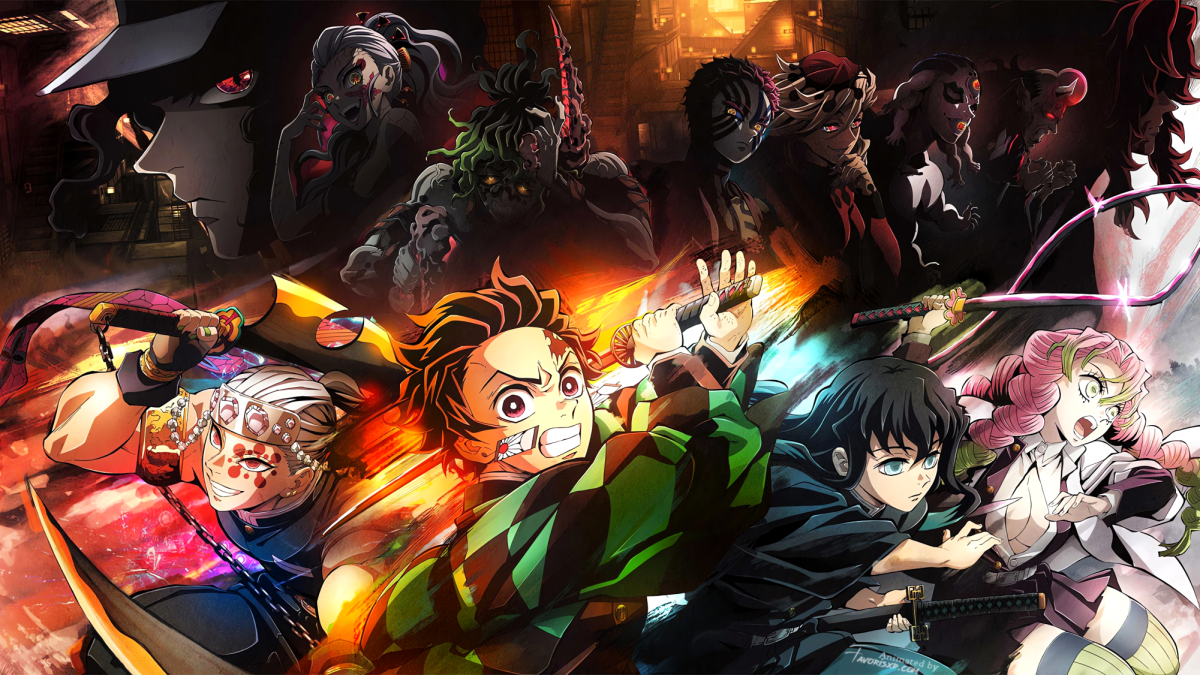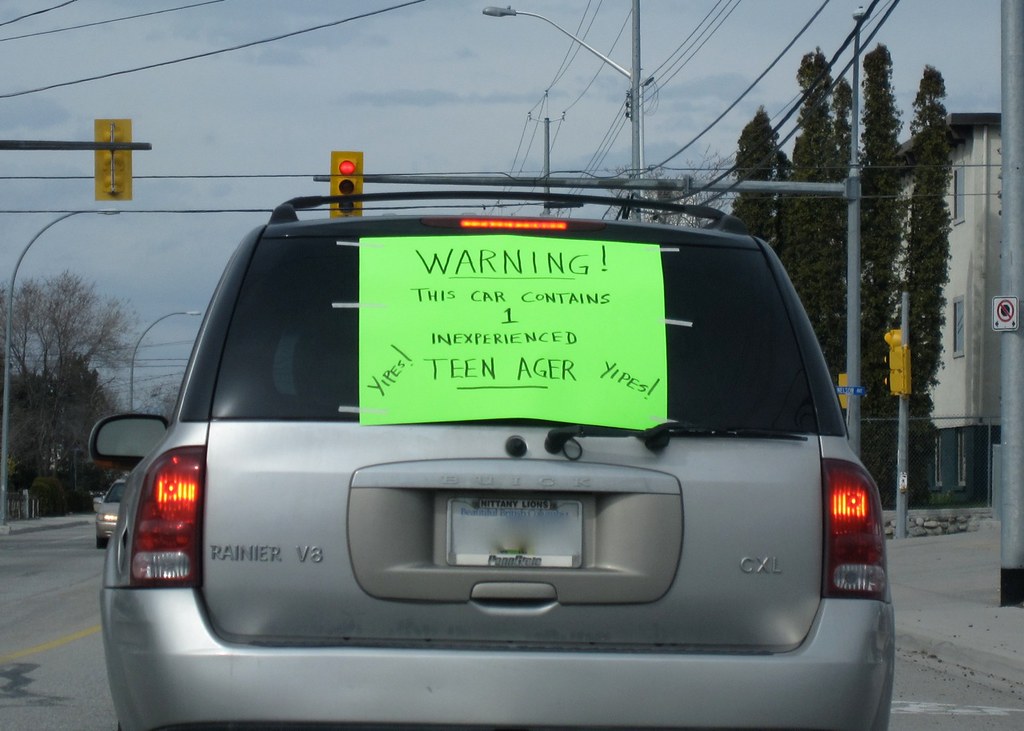
By PETER THOMAS
Copy Editor
In July 2014, the College Board released a new framework for its AP United States History (APUSH) course. The revised curriculum placed new emphasis on historical and critical thinking skills, stressing contextualization and document analysis as opposed to simple memorization. The new outline also featured several updated content areas aimed at providing more comprehensive coverage of American history relating to topics such as imperialism, racism, slavery and gender inequality.
But over the 2014-15 school year, the College Board was lambasted by conservative interest groups and the Republican National Committee (RNC) as anti-American and unpatriotic. According to CNN, the RNC issued a resolution calling the new framework a “biased and inaccurate view of many important events in American history” and even demanding that federal funding be withheld from the College Board. The RNC argued that APUSH should teach “American exceptionalism” and focus on the positive facets of our history.
Although last September the College Board publicly stated that it would “not compromise the integrity of the Advanced Placement Program” by changing the curriculum, less than a year later, it released a revised revised “course and exam description.” An online statement published on July 30, 2015 promised that the new course guidelines would lend themselves to a “clearer and more balanced approach” to U.S. history.
Among all the imputed transgressions of the College Board, this is perhaps its most egregious offense. In contrast to the changes made last year, which the College Board devised and implemented independently, the new revisions were forced directly by right-wing pressure groups. Not only has APUSH, and by extension American history, been hijacked by conservatives, but the College Board has set an insidious and dangerous precedent by accommodating the dogmatic complaints of one political interest party – complaints that clearly fit a certain political agenda.
Conservatives are correct in stating that the 2014 framework did not name famous historical figures, like Thomas Jefferson and Benjamin Franklin. However, as Ms. Judy Richonne (Social Science Dept.) said, “The controversy is based on the wrong assumption. The curriculum is not so much rigid as it is an outline for teachers to follow as they see fit.” Since the new curriculum focused on historical argumentation and inquiry, not the regurgitation of facts, the College Board was able to allow teachers to select appropriate historical people and events to teach as they saw fit. Jefferson could still be included in the course, as could Abigail Adams.
By taking a class shaped around the theme “American exceptionalism,” a term even included in the official curriculum, students are at risk of becoming indoctrinated by a false and jingoistic view of American history. “America is not exceptional,” Richonne said. “It is one of many countries in the world, all of which play an important role.” The new curriculum only serves to cement an American-centered worldview that narrows the perspectives, both historical and contemporary, of students. What conservatives labeled as “negative” aspects of U.S. history are nonetheless parts of it, and disregarding them is a blatant attempt to rewrite the past.
“The [2014] changes made [APUSH] more inclusive to minorities,” said Ms. Emily Sheridan (Social Science Dept.). And they did. The 2014 course placed more weight on Native Americans before the arrival of Europeans on Columbus, the extent and brutality of slavery, the pervasive racial and ethnic tensions in the United States, and the destructive cultural and political impact of American imperialism. With the changes, the deadly conflicts between Native Americans and Europeans were no longer that, but rather “mutual misunderstandings,” and acknowledgments of Native Americans’ attempts to maintain their autonomy in the face of European aggression have been removed. And while last year’s version of the curriculum described the internment of Japanese-Americans during World War II, the rewritten version paints the war as a crusade pitting virtuous American democracy against the vicious fascism of the Axis, downplaying America’s own atrocities.
It is the duty of the College Board, as an organization responsible for the administration and integration of the American higher education system, to preserve the academic and historical integrity of the content in its courses. Mr. John Kessler (Social Science Dept.) asks, “By taking out words like ‘racism,’ are we any better than Stalin, the Japanese, or others who changed their countries’ history?” Don’t tell the College Board, but the answer is no.
“APUSH” too far
September 14, 2015
2
0
Tags:
Donate to Sword & Shield
$180
$1000
Contributed
Our Goal
Your donation will support the student journalists of University High School. Your contribution will allow us to purchase equipment and cover our annual website hosting costs.
More to Discover















Uhsreader1234 • Sep 15, 2015 at 9:42 pm
I agree with nerfking1 on that this article is very well written. As a new student in APUSH, I think it’s great that this article was published, as it has given me a whole insite on the potential bias in the content.
nerfking1 • Sep 14, 2015 at 5:41 pm
Collegeboard, like other companies, only cares about profit, rather than giving the next generation an unfiltered version of our nation’s past. For better or for worse, they have incredible power over what children learn. Unfortunately, the $$$ is with the Conservatives.
On a second note, this article is an excellent read. The arguments made in here are very interesting. The flow is enjoyable and I’m looking forward to more productions by this author.